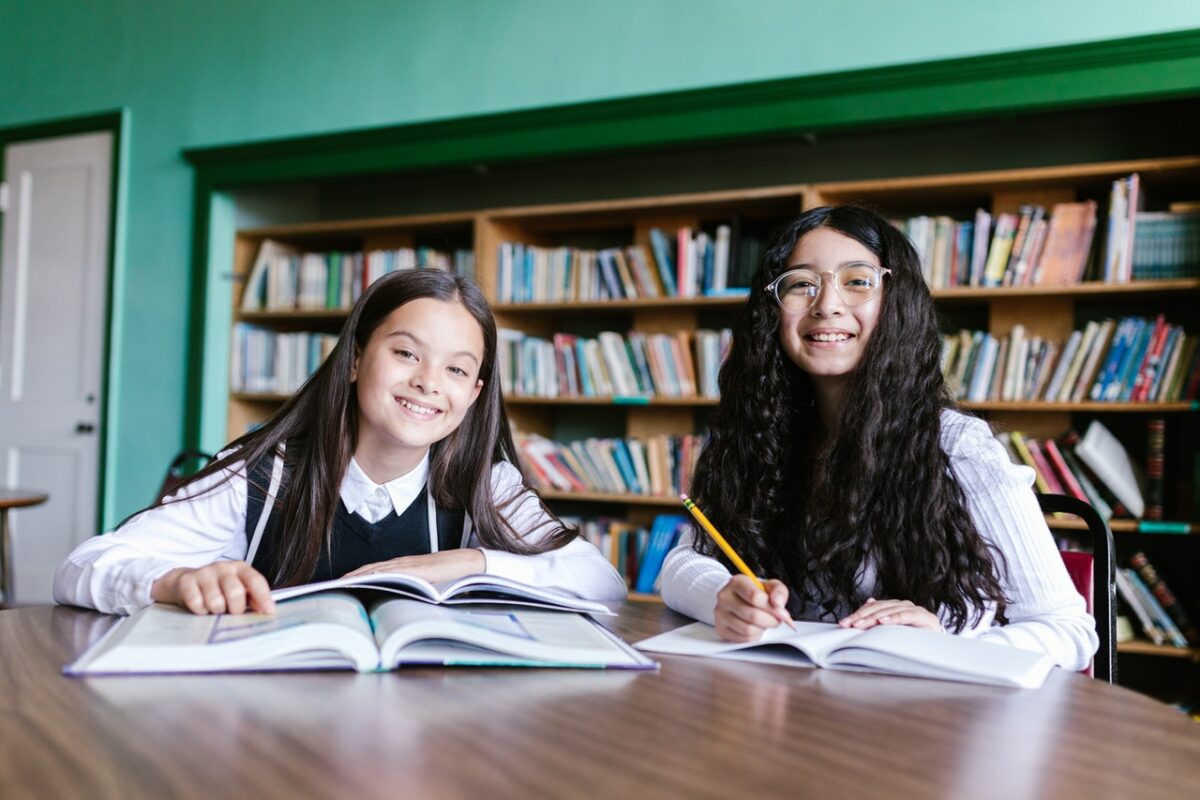Government must stop girls being undervalued in education

The government’s social mobility commissioner has claimed that girls do not choose physics A-level because they dislike “hard maths”.
Addressing a science and technology committee inquiry on diversity and inclusion in Stem subjects, Katharine Birbalsingh said fewer girls chose physics because “physics isn’t something that girls tend to fancy. They don’t want to do it, they don’t like it”.
Sector Response
Liberal Democrat Education Spokesperson Munira Wilson MP said:
“Sadly, stories like this are all too common nowadays. The Conservatives have been dragging their feet and failed to challenge the culture of misogyny and unconscious biases in our education system for years.
“Every child deserves the chance to thrive and follow their passions during their time at school. However, without a dramatic culture shift, so many young women will be continually undervalued and demotivated.
“The Government must finally step up to the plate and act. We need new measures to challenge these biases, backed up by legislation, and Katharine Birbalsingh should apologise for her remarks.”
Dr Victoria Mason, Director of Studies for Physics and Astronomy at the University of Kent said:
‘This comment not only threatens to undermine the expertise of the panel but undo all the hard work carried out by individual and institutions like IOP to undo the harmful gender stereotypes around women in Physics.
‘The latest research into gender issues in physics most certainly doesn’t indicate that girls don’t do physics because they just don’t like it. This is a lazy argument and detracts from the myriad of external factors at play here. While there has been a lot of work already done to tackle these factors, more needs to be done – and comments like these may disrupt the motivation of schools and universities to play their part.
‘It’s vital that those dedicated to widening diversity and inclusion in Physics continue with the task in hand. At Kent, we have a Women in Physics group to bring staff and students together and we provide opportunities for UG students to work on projects related to diversity and inclusion in physics. Our work with local schools and communities, such as our Discovery Planet Shop project, are designed to promote science as for everyone and proactively encourage diverse groups of students to study science and in particular physics.’











Responses